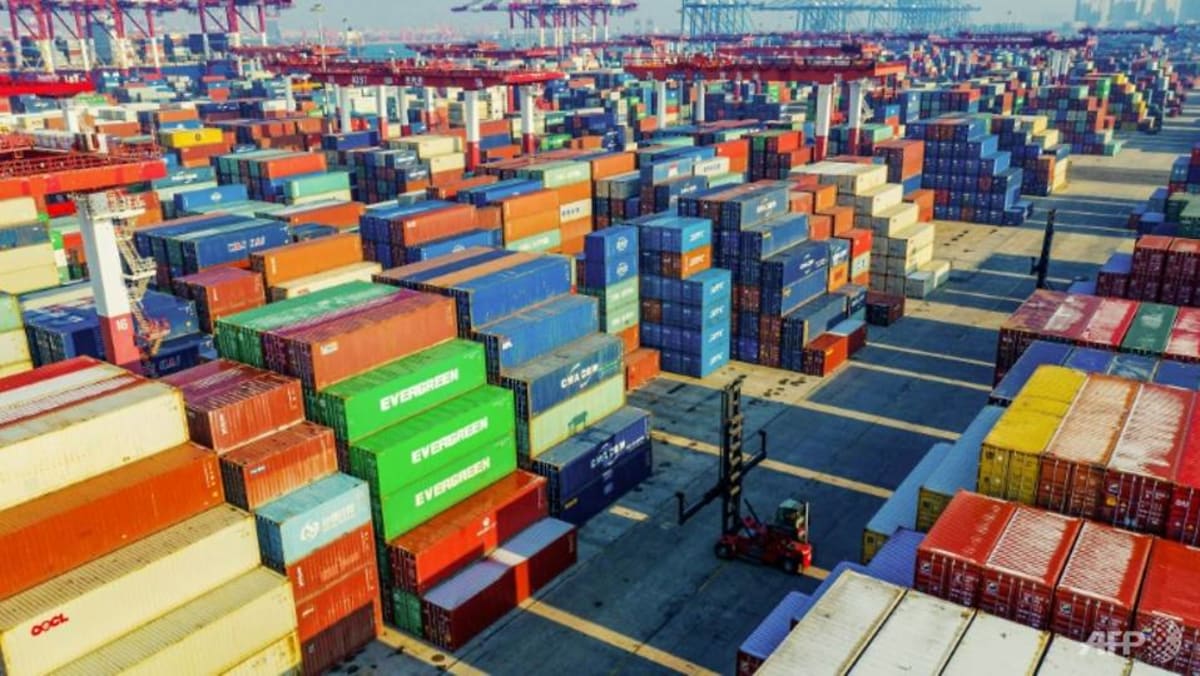Commentary: COVID-19 has increased protectionism and hypernationalism in global economy
TOP GROWERS
The fastest-growing economies in 2021 were Argentina, Turkey, and India, which expanded by 10 per cent, 9.5 per cent, and 8.3 per cent, respectively. But growth after a crash needs to be interpreted carefully.
Much of last year’s growth merely reflected the depth of the pandemic-induced downturn of 2020, as economies climbed back toward their earlier GDP level. In 2020, Argentina’s economy contracted by 9.9 per cent and India’s by 7.3 per cent – making them, along with Mexico, the worst-performing major economies that year.
Usually, emerging markets and developing economies, helped by their lower base, grow faster than advanced economies.
But, according to Global Economic Prospects, their prognosis through the end of 2023 is worse than for advanced economies, because they have limited policy space to provide additional support and face greater risk of hard landings.
Moreover, the pace of recovery is likely to vary significantly between countries. Once the dust settles after the current turmoil, therefore, there will most probably be new winners and losers.
One of the main reasons for the uneven recovery has more to do with politics than economics. From advanced economies such as the United States to emerging markets like Brazil, support for aggressive nationalism has grown sharply in recent years. This is bound to play a major role in determining how these economies perform.
While there are exceptions, hyper-nationalism is usually disastrous for an economy in the long run. This stands to reason, because strident nationalism leads to bloated egos and blurry thinking. Countries in its grip try to become self-sufficient by raising barriers to trade, capital, and ideas from elsewhere.
For all the latest world News Click Here

